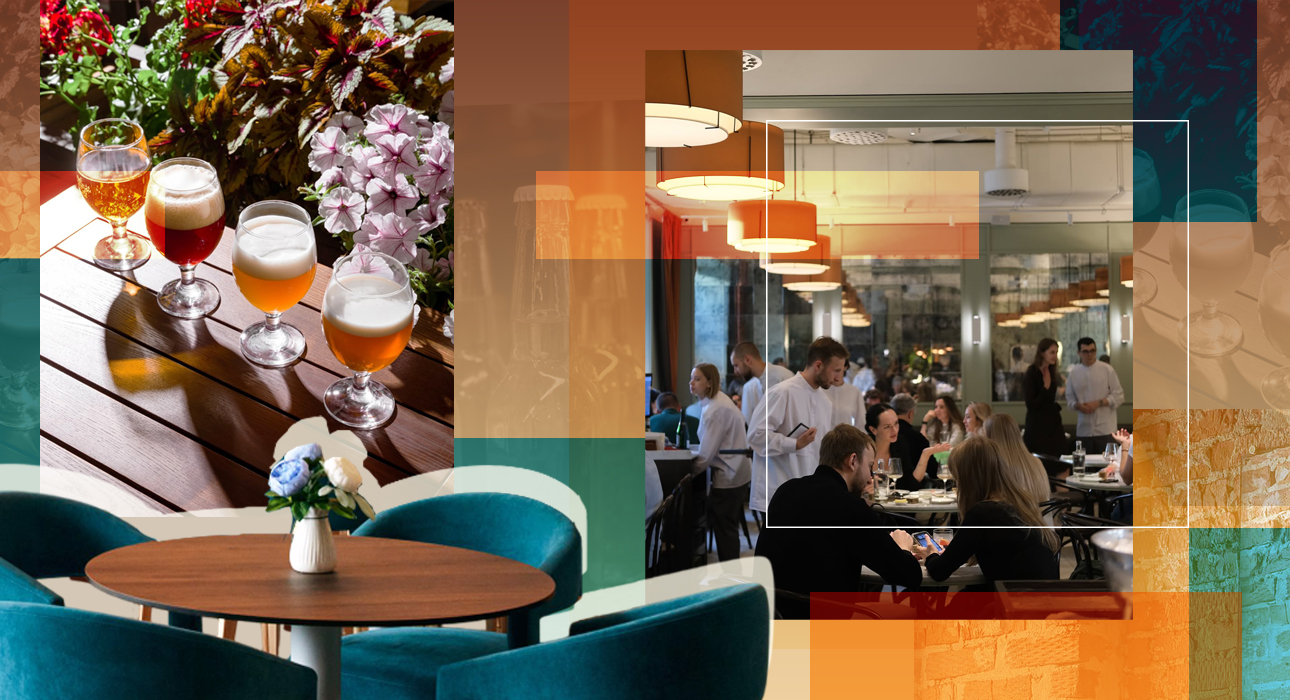In an article published on June 25, 2024, the British edition of the magazine Grace provides advice on how to best navigate the heated conversations that punctuate our daily lives in these times of political instability. “It used to be common for two married people to vote differently; today we struggle to even put our friendships above political divides.” the magazine notes.
In fact, there are those people we love deeply and with whom we have shared many things for a long time, but with whom we know that if we met them today for the first time, perhaps we would no longer become friends. Either because we grew up in too different directions, or because today our opinions diverge too much. Social crises, like the one we are experiencing today, have the unfortunate tendency to reveal these divisions, and sometimes widen the gaps that were already visible. But, sometimes, we don’t want to say goodbye to that friend from college, who we spent a lot of time with, or that cousin who was especially present during our breakup. So how can we manage conversations in a healthy way without them turning into dead ends or, worse, confusion?
No argument is perfect
The first step towards a healthy conversation is to accept that it probably won’t be perfect. If you’re the type who thinks back 10 years later, in the shower, to this argument that you should have phrased better, be kind to yourself. As remembered Graceif you let yourself say it “I haven’t changed my mind, but now I understand another point of view”It’s already a great success in itself.
A conversation is not a sports match
The idea is not to count points, but to show curiosity. Instead of shouting an idea or talking over the other person, let them express themselves. When it’s your turn, question him and make him understand your point of view or repeat his point of view (sometimes deconstructing it pedagogically): “What do you mean by this? » or “How did you come to this thought?” If he doesn’t let you talk or refuses to listen, politely tell him that you took the time to listen to him and would therefore like him to listen back.
Never raise your voice
This is the basis of nonviolent communication. It goes without saying that, when we want to be listened to, it makes no sense to scold others, even when they annoy us. It's not for nothing that some teachers lower their voices in class to force students to pay attention...
Listen twice as much as you speak
As the British magazine continues to remind us, the key to a constructive conversation is listening to others. This involves not looking at your phone, staying focused, maintaining eye contact, and using verbal statements like “I see” or “I understand” to signal to the other person that you are engaged in the discussion. “In times of conflict, listening is both your armor and your weapon, because it helps you identify the real problem and solve it”the magazine estimates.
Facts will always have more weight than emotions
Facts, facts, facts. Let's stay calm, breathe, cite our sources and data if we have them available. There is no point in playing the game of those whose only goal is provocation!
What if the movie you were going to see tonight was a dump? Each week, Kalindi Ramphul gives you her opinion on which movie to see (or not) on the show The Only Opinion That Matters.
Source: Madmoizelle
Mary Crossley is an author at “The Fashion Vibes”. She is a seasoned journalist who is dedicated to delivering the latest news to her readers. With a keen sense of what’s important, Mary covers a wide range of topics, from politics to lifestyle and everything in between.





